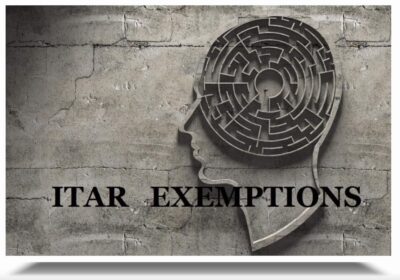
Month: October 2021



Customs and Border Protection’s Recent FAQs on Forced Labor Enforcement
By: Adrienne Braumiller, Partner & Founder, Braumiller Law Group
U.S. Customs and Border Protection (“CBP”) enforcement into forced labor practices continues into 2021, as CBP has detained 1,213 shipments that contained approximately $ 414 million of goods suspected to be made by forced labor this year.
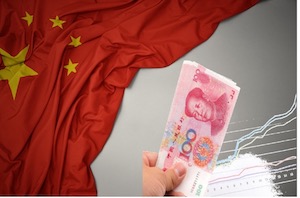
China’s Dual Circulation Policy
By: Bob Brewer, Braumiller Law Group
Almost two years now into the global pandemic and the world’s two most powerful economies are having to take a hard long look at their supply chain shortcomings, as well as becoming economically self-sufficient to a great extent. During the pandemic it became painfully obvious that the U.S. has become far too dependent on China for imports of many essential needs.

Updated Requirements to HTS 9801.00.10 – U.S. and Foreign Goods Returned
By: Jennifer Horvath, Partner
U.S. CBP recently released updated requirements for importers and brokers regarding HTS subheading 9801.00.10, U.S. and Foreign Goods Returned. Often called a “9801 Claim,” importers can generally use this special duty-free tariff provision when merchandise is exported from and returned to the United States, so long as it is not advanced in value/condition, regardless of country of origin.

Continuing the Proposal for Customs Broker Continuing Education
By: Bruce Leeds, Senior of Counsel
On Oct. 28, 2020, U.S. Customs and Border Protection (CBP) published an Advance Notice of Proposed Rulemaking on continuing education for individually licensed customs brokers. After receiving comments and feedback from the trade, CBP published a Notice of Proposed Rulemaking (NPRM) on this proposal on Sept. 10, 2021.
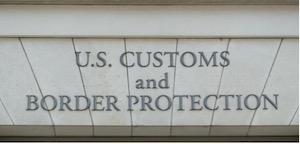
CBP August 2021 Operational Update
By: Brandon French, Associate
U.S. Customs and Border Protection (“CBP” or “Customs”) recently released its August 2021 operational statistics. These statistics are important for CBP to review monthly/yearly to better understand and ensure enforcement efforts continue to improve.
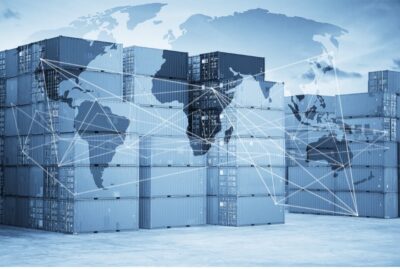
Incoterms – Two Years Later
By Bonnie Kersch, Senior Trade Advisor, Braumiller Consulting Group
In September 2019, the International Chamber of Commerce released Incoterms 2020, heralded as a groundbreaking version of Incoterms that would bring great change to the supply chain community. Two years later, we look back on the changes that occurred and how they have affected us.

Tariff Engineering: Opportunities for Duty Mitigation
By: Mike Smiszek, Senior Trade Advisor, Braumiller Consulting Group
Tariffs are inherently controversial because of their financial consequences. An importer wants to pay as little duty as possible while Customs (CBP) wants to collect as much tariff revenue as possible. The one constant in this battle between industry and government is the Harmonized Tariff Schedule (HTS).
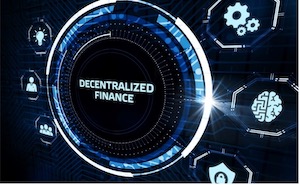
Approaches to Regulation for Decentralized Finance
By: James Holbein, Of Counsel
Decentralized Finance (DeFi) is a term describing the assortment of different financial applications enabled by blockchain technology and cryptocurrency with the aim to decentralize financial services that are currently intermediated by financial institutions.
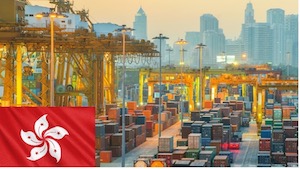
Ramifications of the Change in Hong Kong’s Trade Status for Importers and Exporters in the U.S. Market
By: Harold Jackson, Associate Attorney
Hong Kong’s change in trade status had a significant impact on the U.S. regulatory enforcement of transactions with Hong Kong entities, especially country of origin marking, assessment of Antidumping & Countervailing Duties, and controlled exports.
Monthly Newsletters
- April 2025
- March 2025
- February 2025
- December 2024
- October 2024
- August 2024
- June 2024
- April 2024
- February 2024
- January 2024
- November 2023
- August 2023
- June 2023
- April 2023
- February 2023
- December 2022
- October 2022
- August 2022
- June 2022
- April 2022
- March 2022
- February 2022
- January 2022
- December 2021
- October 2021
- September 2021
- August 2021
- July 2021
- June 2021
- April 2021
- March 2021
- February 2021
- January 2021
- December 2020
- October 2020
- August 2020
- June 2020
- May 2020
- April 2020
- March 2020
- February 2020
- December 2019
- October 2019
- August 2019
- June 2019
- May 2019
- April 2019
- February 2019
- October 2018
- September 2018
- August 2018
- June 2018
- April 2018
- March 2018
- February 2018
- November 2017
- August 2017
- June 2017
- April 2017
- February 2017
- December 2016
- October 2016
- August 2016
- June 2016
- April 2016
- March 2016
- December 2015
- September 2015
- June 2015
- May 2015
- April 2015
- March 2015
- January 2015
- November 2014
- September 2014
- July 2014
- May 2014
- March 2014
- February 2014
- January 2014
- November 2013
- October 2013
- September 2013
- August 2013
- May 2013
- April 2013
- February 2013
- January 2013
- July 2012
























